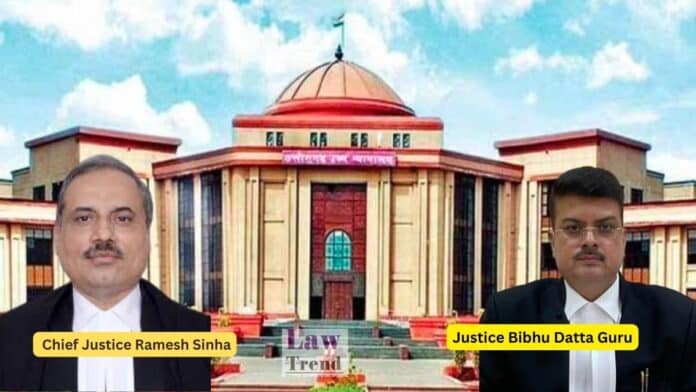The High Court of Chhattisgarh, in a significant judgment, has ruled that an acquittal based solely on the non-examination of the doctor who conducted a post-mortem is “completely against the law,” especially when the post-mortem report was admitted by the accused under Section 294 of the CrPC. A Division Bench of Chief Justice Ramesh Sinha
To Read More Please Subscribe to VIP Membership for Unlimited Access to All the Articles, Download Available Copies of Judgments/Order, Acess to Central/State Bare Acts, Advertisement Free Content, Access to More than 4000 Legal Drafts( Readymade Editable Formats of Suits, Petitions, Writs, Legal Notices, Divorce Petitions, 138 Notices, Bail Applications etc.) in Hindi and English.




